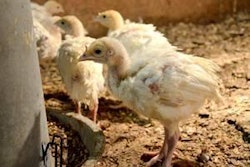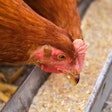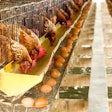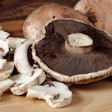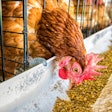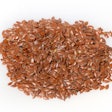Marine algae may serve as a viable protein-rich supplement to animal feed for poultry and pigs, according to researchers at Cornell University who are studying the material as a possible additive or replacement for corn and soybean meal.
The goal is to transform a biofuel byproduct into a commodity, which could free up thousands of acres of cropland, say the researchers. “Current animal feed directly competes against human food sources and, thus, is unsustainable,” said animal science professor Xingen Lei. “We must develop alternatives to soybean and corn for animal feeds.” Algae produces 50 times more oil per acre than corn, has a much smaller carbon footprint, uses nutrients more efficiently than land plants, has no runoff, and places no demand on high-quality agricultural land or freshwater supplies.
According to Lei’s preliminary research, dried defatted algae derived from biofuel production can replace up to one-third of soybean meal in diets for chickens and pigs. It is high in protein — 20–70 percent, compared with about 10 percent in corn and 40 percent in soy, said Lei. It is also being studied for its high oil content (40 percent, compared to corn’s 4 percent) and its potential to remove carbon dioxide from the air.


